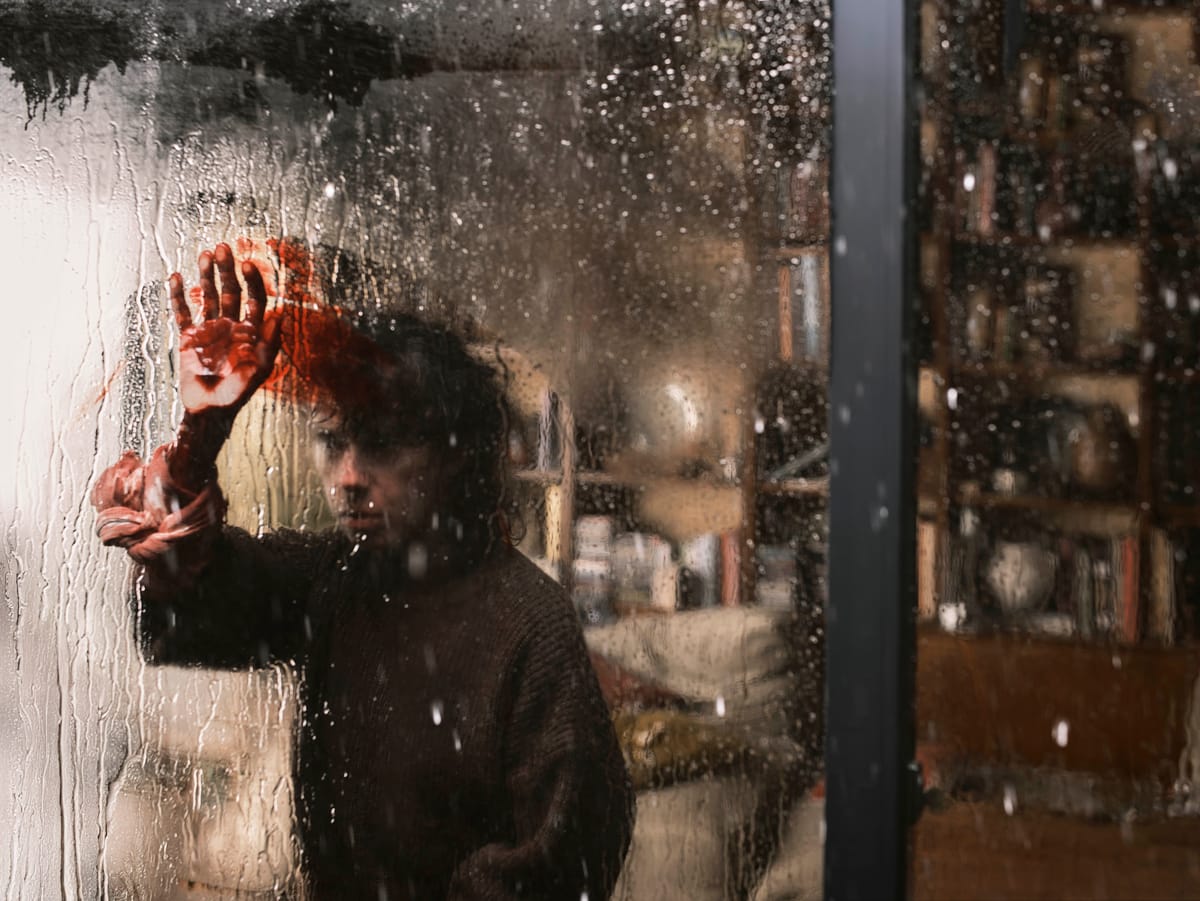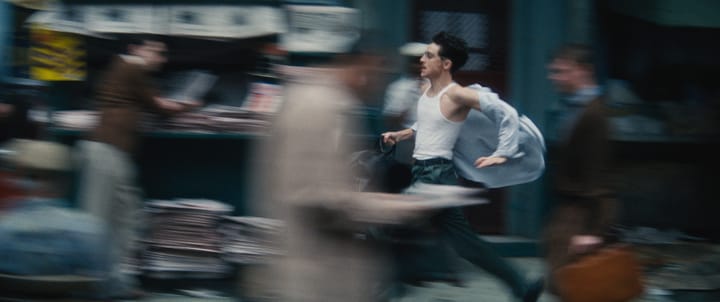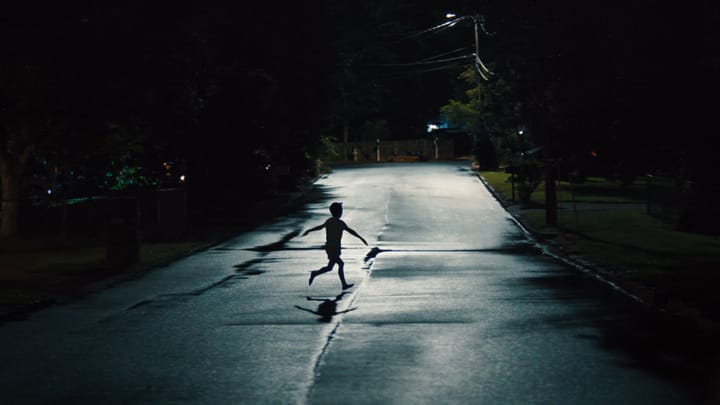Bring Her Back: Hollow Horror From Messy Misery
Pure misery, mean-spirited and endless cruelty that doesn't have the slightest inkling of how to leverage that cruel energy into something impactful.

As cinematic language evolves, an ebb and flow that responds to the environment surrounding it, reflective of the world as it exists, there is often something lost in the shuffle. This isn't necessarily inherently positive or negative, it is simply the push and pull of artistic endeavor as it is shaped by the evolution of culture. This is, in large part, the point Damien Chazelle was making in Babylon – that technology pushes the advancement of this cinematic language, but it also leaves the past behind in unintended ways that can dilute the magic of filmmaking. It is great that cinema has become more accessible, and that people who have grown up with endless hours of video available at their fingertips have been able to transmute their creative process onto the big screen. The unintended consequences of this are that we now exist in an era of reactionary, algorithmically designed cinema that has diluted the essence of horror, leaving us with films that are desperate to legitimize their genre while splattering an incoherent mess of horror ideation onto the screen without any sense of what it all means.
It may be uncharitable to describe Bring Her Back as clickbait cinema, but it does feel like a very particular era of YouTube content creation has birthed what Danny and Michael Philippou are putting on the screen. It is visual and thematic sensationalism, using bold and galvanizing ideas to generate a sense of weight without having any genuine interest in exploring the topics they invoke. YouTube creation rarely rewards genuine novelty and creativity – success is born out of chasing an ineffable algorithm, searching for trends and visual language that will retain viewers time and attention for as long as possible. It all works towards a blandly pleasing homogeny that floods the landscape with a bunch of vaguely similar slop all aiming at the same thing. The Philippous are doing the same with film, crafting reactionary cinema that inhales the modern image of horror and regurgitates out a gooey, gory lump of flesh, one that looks and sounds like a horror movie but carries absolutely nothing behind its flashy facade.
Their previous feature, Talk to Me, fell into similar pitfalls, but its failings were largely masked by a degree of genuine energy, a chilling atmosphere that was propulsive and fun even when the overwrought and thematically empty ideas about substance abuse and grief render it all hollow. Bring Her Back is pure misery, mean-spirited and endless cruelty that doesn't have the slightest inkling of how to leverage that cruel energy into something impactful. The ongoing propagation of horror that mines trauma and grief to legitimize itself as art continues its exhausting legacy here, following in the footsteps of Smile 2 in that the lingering thematic idea seems to be that trauma is nothing but endless suffering, that grief brings little more than recursive punishment and buries you in a pit of misery and pain that you cannot escape. This puerile nihilism is especially meaningless because there's no drive behind any of it, no intent to actually explore the meaning of grief and how the ripple effects of pain can damage the people around you.
Bring Her Back isn't interested in grief, really. It's just set decoration, window dressing that makes it all appear more legitimate, as if this is Real Horror that is saying something and is not just simple shlock. However, the film can't reconcile the chasm between its positioning as an intelligent musing on grief and loss and its interest in exploitation level grindhouse gore, rendering its sequences of occult bloodletting and gnarly violence as little more than further sensationalist window dressing. And so it just sort of oscillates between these two things, never coalescing in a meaningful way, back and forth between misery and gore, dotting the film with hints of occultism that are both under and overexplained whenever it serves the film. Certain things must be outlined in painful detail so you can understand character motivations, and yet the lack of interest in turning it all into the sleazy gorefest it would be better served as means it abandons the only interesting plot threads it establishes. Nothing feels thought out, a film that plays out like it's being discovered moment to moment, ideas cropping up to maintain engagement by continuing a well paced series of intense instants that all build up to nothing. Cinema to feed the algorithm that will dissipate from the collective consciousness as quickly as it came.





Comments ()